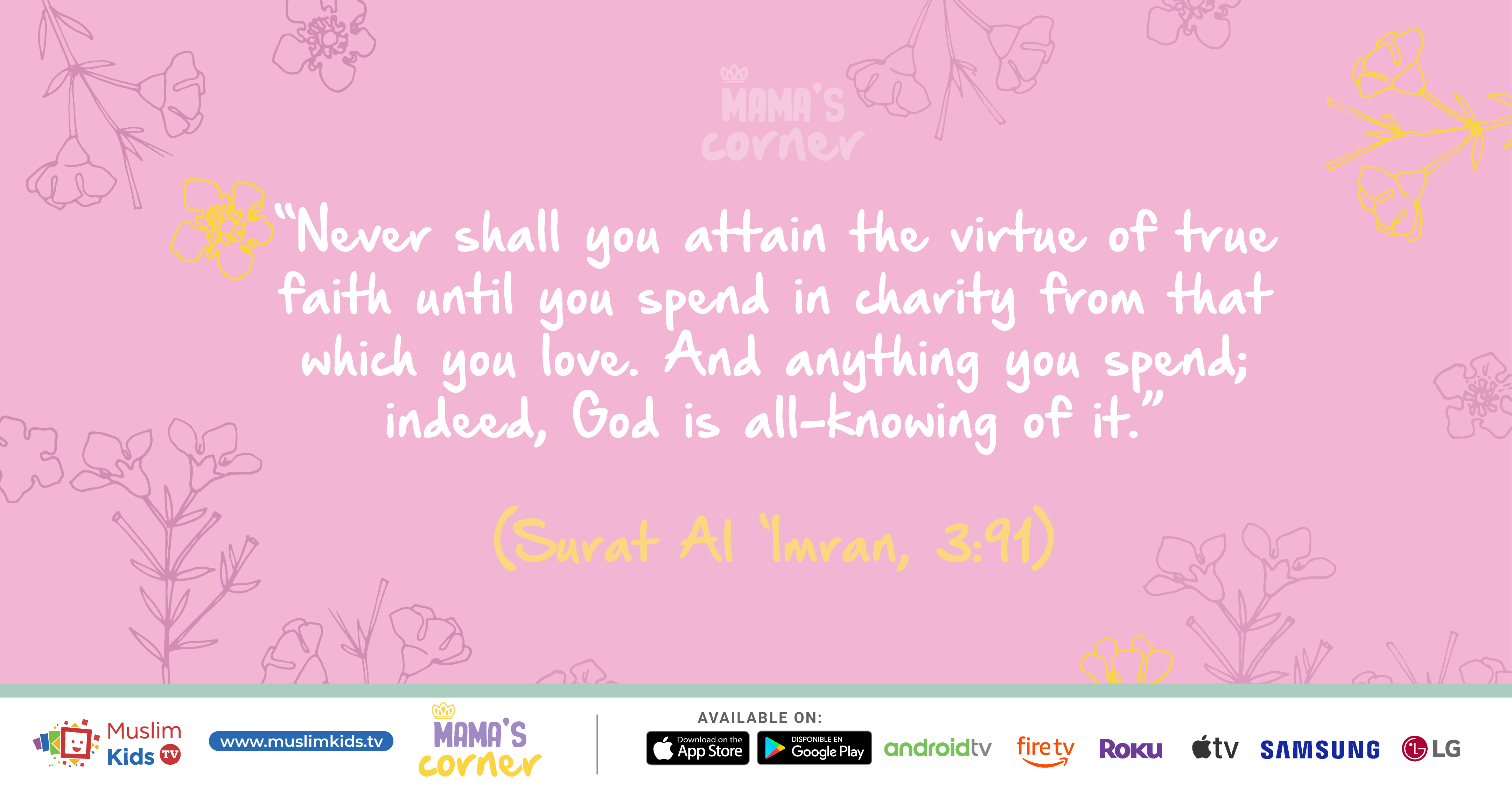
The words “Zakat” and “Sadaqa” both refer to charity – an act that is one of the most beloved to Allah, and one of the most rewarding in Islam. Let us take a deeper look into these deeds inshaAllah.
Zakat
Zakat is the third pillar of Islam and and is often coupled with the word “Salah” in the Quran. “Zakat” comes from the root word za, Kaf, ya, which literally means, “to be clean”. It also refers to “growth, purification and blessing”. When a person gives zakah, he purifies himself from feelings of greed and misery when departing with some of his wealth and money. This act of worship also brings him closer to Allah, helping him gain immeasurable blessings and increase in goodness.
Zakat is a mandatory act of charity upon every Muslim, where he has to give 2.5% of his wealth to the poor and needy every year, as long as he has over a certain amount known as “Nisaab”. The nisab threshold is the minimum amount of wealth a Muslim must have before he or she becomes eligible to pay Zakat. Gold and silver are the two values used to calculate the nisab level. The nisab is the value of 87.48 grams of gold or 612.36 grams of silver.
Rulings for giving Zakat:
- The person must be a Muslim.
- He should be sane and not suffer from any mental illnesses.
- He should be a free man and not a slave.
- He should have reached the age of maturity and not be a minor.
- The nisab he owns should be in his possession for one complete lunar year.
Who is applicable for Zakat?
- The poor (direly in need whom humility prevents from asking)
- The needy (driven to beg)
- Zakat-workers (who administer its collection and distribution)
- Hearts to be reconciled (Muslims or others under duress regarding Islam)
- Those in bondage (captive or enslaved)
- The Debt-Ridden.
- In the cause of Allah.
- The Wayfarer (the stranded, travelers in need, the homeless, displaced, and foundlings)
Sadaqah
Sadaqah, on the other hand, is derived from the root word “sidq” which means “sincerity”. While zakat is mandatory upon every Muslim, sadaqa is a voluntary act, which a Muslim performs for solely seeking the pleasure of Allah and doing it out of his own will. Sadaqa comes from the heart which is yearning to seek the pleasure of Allah by helping others around.
Zakat is limited to money alone, whereas Sadaqa can be in the form of money or any act of righteousness.
For instance,
- Visiting the sick
- Smiling at the face of your brother
- Pouring a glass of water
- Taking part in a funeral
- Helping someone in distress by giving them kind words of hope and comfort
- Helping the elderly in your family or community
How are Zakat and Sadaqah different?
- Zakat should be given only to the poor and needy, whereas sadaqa can be given to anyone irrespective of their financial status.
- Zakat is to be given once in a year, whereas sadaqa can be given at any time of year and how many ever times a person feels like giving.
- Zakat is mandatory whereas Sadaqa is voluntary.
- Zakat can only be given in the form of money or wealth, whereas sadaqa can include several acts of righteousness like good deeds, kind words, dua or money.
What is Sadaqa Jariya?
You might have heard about Sadaqa Jariya. This act refers to an ongoing act of charity that benefits the giver and the receiver indefinitely.
The Messenger of Allah (peace be upon him) said, ‘When a person dies, his deeds come to an end except for three: Sadaqah Jariyah (a continuous charity), or knowledge from which benefit is gained, or a righteous child who prays for him’. (Sahih Muslim)
If you are looking at acts of charity that you can benefit from even after your death, you need to look at Sadaqa Jariya, where you can donate your wealth in such a way that it continues to benefit you in your grave and the Hereafter. Here are some examples to get you started:
- Donate some money to build a Masjid – every time a person prays in that Masjid, you will be rewarded
- Donate money to build a well – every time someone drinks water from the well, you will be rewarded.
- Buy a mushaf and donate it to your local Masjid – every time a person reads from that mushaf, you will be rewarded.
- Raise righteous children- the knowledge and ilm that you impart to your kids plays a crucial role in shaping their future and yours. When you raise righteous children, you will automatically be rewarded for every single act of good deed they perform.
- Plant a tree- every time a person sits under the tree for shade or when a bird or animal eats from its fruits, you will be rewarded.
There are various acts of Sadaqah one can perform. With sincere intentions and a strong will to please Allah, Sadaqah can bring immense rewards and blessings to a Muslim in this life and the Next.
